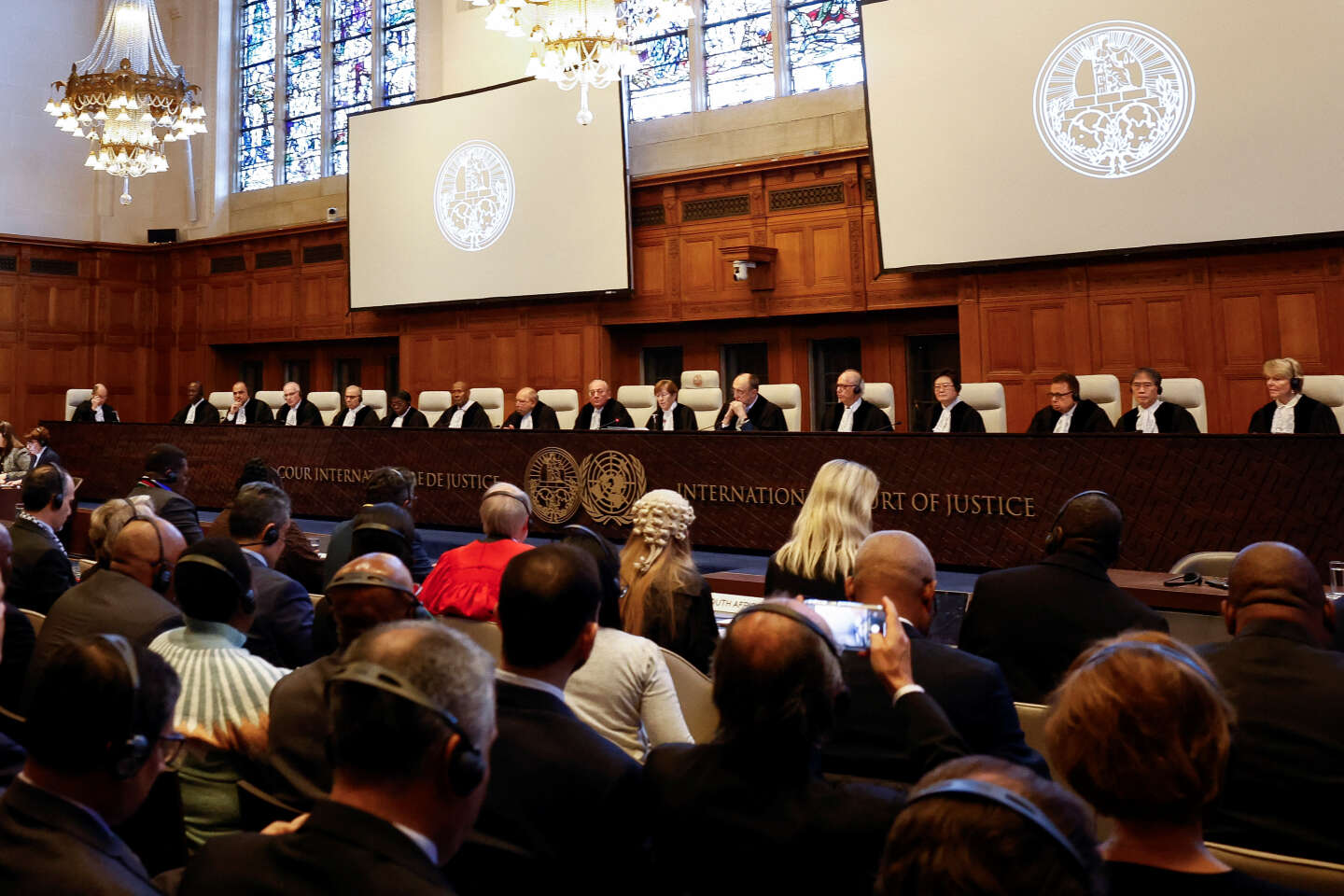


The International Court of Justice (ICJ) in The Hague neither handed down a judgment on the merits nor acceded to South Africa's demand for an immediate cease-fire in Gaza, where the Israeli offensive launched following the attacks of October 7, 2023, has claimed over 26,000 lives (according to the Gaza Health Ministry, administered by Hamas) and led to the displacement of 1.9 million people, 80% of the enclave's inhabitants.
But, by declaring themselves competent to rule on accusations of acts of genocide on Friday, January 26, and then calling on the Netanyahu government to "prevent the commission of all acts within the scope" of the Genocide Convention in Gaza, the judges did inflict an unprecedented rebuke on Israel.
Even though the Israeli prime minister had denied the ICJ's work any legitimacy in advance, invoking Israel's "fundamental right" to defend itself, the court's response delivered a harsh blow. This decision could only serve to embarrass Israel's closest allies, given the symbolic force of the crime of genocide, which goes back to the very foundations of international law.
Unanimously adopted at the Palais de Chaillot in Paris by the United Nations General Assembly on December 9, 1948, the Convention on the Prevention and Punishment of the Crime of Genocide is a fundamental post-war text of comparable importance to the Universal Declaration of Human Rights, adopted the following day at the same venue. In the minds of the signatories, these two texts complemented and responded to each other: The first affirmed the right of groups to exist, while the second set in stone the rights of individuals.
Coined in 1944 by American lawyer Raphael Lemkin in his book Axis Rule in Occupied Europe, the term "genocide" is defined as acts "committed with intent to destroy, in whole or in part, a national, ethnical, racial or religious group." Born into a Galician Jewish family who fled Europe after the invasion of Poland in 1939, Lemkin was fully aware of the horror of the extermination of the European Jewish population by Nazi Germany and its allies.
Armenian precedent
But when it came to conceptually defining the neologism of "genocide," the lawyer didn't have only the 6 million deaths of the Holocaust in mind. On numerous occasions in his book, he reaffirmed the importance of the Armenian precedent (more than 1 million people exterminated by Ottoman soldiers in 1915-1916), and particularly of an episode that had deeply struck public opinion: the Berlin trial on June 2-3, 1921, of Soghomon Tehlirian (1897-1960), a young survivor of the massacres who had killed the former Ottoman Grand Vizier Talaat Pasha, considered the principal architect of the genocide, in the middle of the street.
You have 55% of this article left to read. The rest is for subscribers only.
